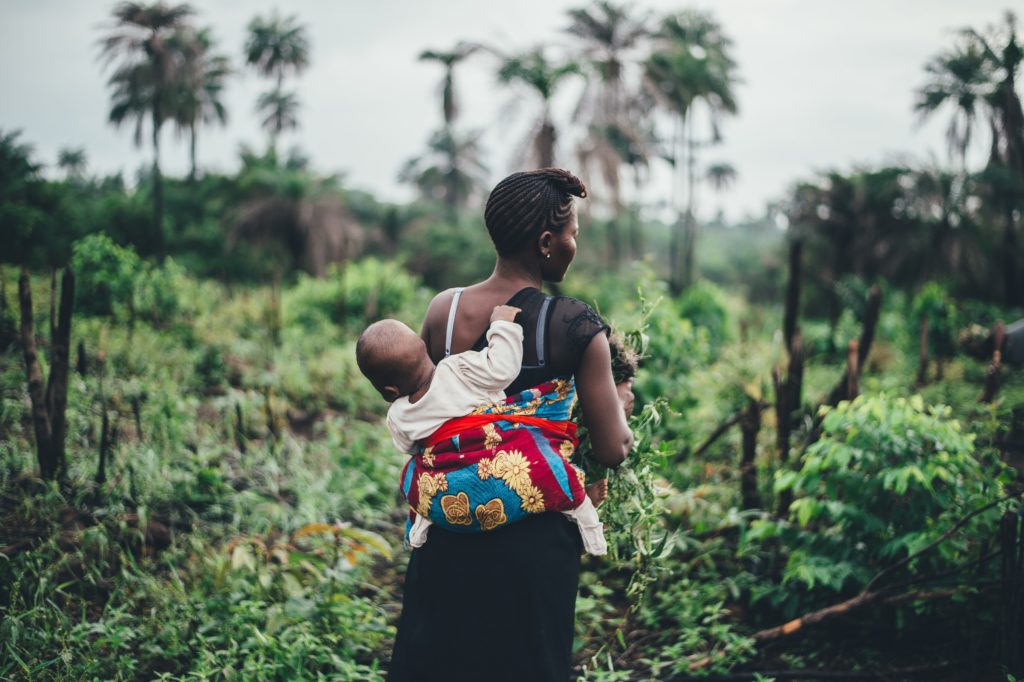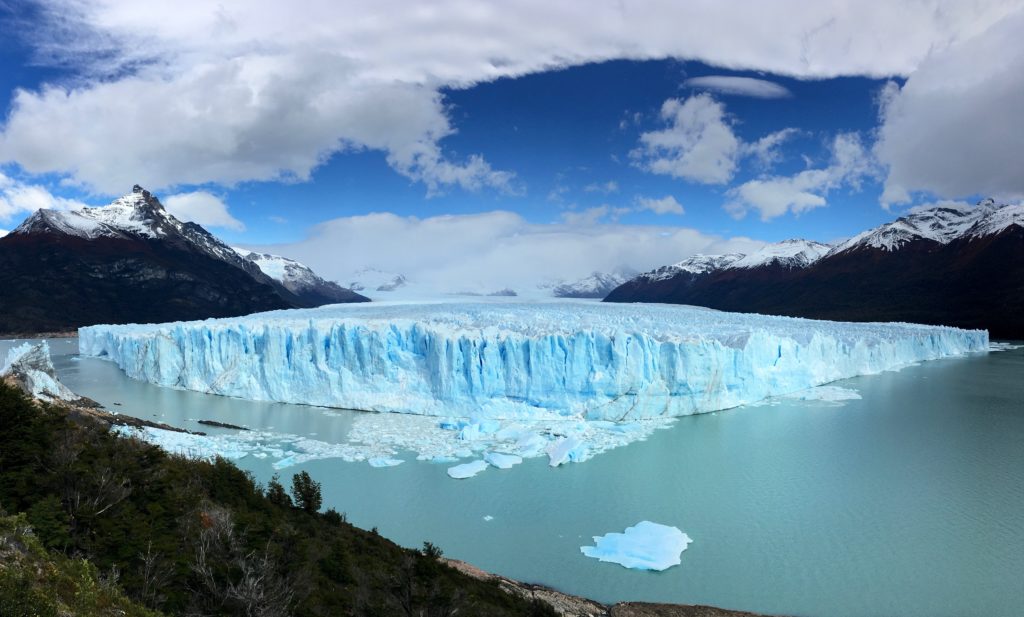
Why Empathy?
Empathy is the ability to see the world through another person’s eyes and to feel what they are feeling. It is the capacity to see a situation from another perspective. We might, for example, judge somebody harshly if they steal food, but it softens our hearts when we understand that they cannot afford to feed their children. It is an important part of human nature. Furthermore it helps us to cooperate with other people, to build trust and to develop solutions.
At a time when we are overwhelmed with the problems we face from Climate Change, we need each other. We need each other to care and to act with compassion. The issues facing us in our own nations and cultures are different. We need each other to care about our challenges and those facing coming generations. We need to work together to find a way forward. However we, and in particular our governments don’t seem to see it that way.
According to Roman Krznaric we are ignoring the plight of those whose livelihoods are being destroyed today by Climate Change. In particular this includes distant strangers in developing countries who are affected by chaotic weather events. He calls this a lack of empathy across space. For our civilisations to thrive he believes we need to change this. What is more we must visualize the consequences of our actions on our children.
Are We Empathetic?
Empathy these days seems in short supply. We can’t cope with all the pain that exists in the world. So we stop caring. It appears we have lost the ability to think about how real people are affected by tragic events. We are self-absorbed, and many of us think only in the short term and of our own lives and dreams. Our politicians seem engrossed in the problems of staying in power. Because of this, individuals are losing trust in their governments. Developing nations are deeply suspicious of richer ones. It makes it hard for us to come to agreement on anything important at a time urgent action is key.
Of course there are thousands of people who care deeply about global issues and the suffering they cause. But there are not enough of them. That has to change.
Why We Need Empathy
If we are to face up to our challenges, we must do it together because our problems are global. But we are divided as a world. The “haves” want to keep what they have. The “have nots” understandably want a better world for themselves and their children. The “haves” are able to pay to to reduce their carbon emissions (although many are choosing not to do so urgently.) The “have nots” cannot do that without financial help. Rich countries can pay for the damage done by chaotic weather conditions, the poor countries cannot.
This report shows that insured losses from climate damage in the first half of 2023 amounted to over $50 billion dollars. Poorer people in developed countries and in developing countries cannot afford insurance for weather disasters. They are simply figures in a report. The numbers do not show the suffering behind the information, the homes destroyed, livelihoods lost or loved ones killed.
What happened to our pledge to help developing countries adapt?
In Copenhagen in 2009 the world’s nations pledged $100 billion US dollars a year to help developing countries adapt to Climate Change. They have not yet received that amount and rich countries are still squabbling over it.
To develop and to cope with Climate Change, poorer countries need to convert to renewable energy. They must build the required infrastructure for a more sustainable life, adapt their farming systems and educate their children. Each year extreme weather events brings destruction which these countries cannot possibly afford to repair. And still the West niggles, “It is too much for us, we have troubles of our own, the money will be lost” – and so on. The fact is that whatever money has been given out has been mainly in the form of high interest loans. These loans require countries to take money away from health and education to pay for adapting the environment. Yet we cannot see it as those struggling to survive do.
However the bigger picture is that the developed countries cannot afford “not” to pay this money and in a useful form. We live on the same planet and the issues we face, face us all. Those in poverty need power for light and cooking and development. If we do not help them they will resort to using coal and gas which is cheaper. They will continue to cut down forests. Once committed it would take many years to change to an infrastructure for renewables. At the same time emissions from that coal and gas will be building up in the atmosphere. So we must help. The responsibility lies with the developed nations for causing the problems in the first place.
Empathy Across Space
Difficult Working Conditions

Do we really know the troubles faced by others in our world?
For example, 40% of the people who live in Sub-Saharan Africa live in extreme poverty. (Defined by the World Bank as living on less than $1.90 per day.) If we were to ask them how their lives were, they would doubtless reply that each day was full of suffering: from hunger, from thirst, from watching their children die from easily curable diseases. They would talk about lack of education for their family. They would include pollution from cooking on open fires and gender discrimination. The unfairness of a Climate Chaos to which they have barely contributed would be high on the list. Dreadful for them – and yet how often do most of us think about it? What do they need to make their lives better?
Their poverty and the inability to work towards the mitigation of Climate Change affects us too. Half the population of Africa has no access to energy for lighting and of course cooking.
If life is too hard, as it is for many Africans then they will leave, and flood our shores as refugees in huge numbers. We will not be able to cope or help, thus ending with a situation that is worse for everybody. We need to help them stay at home and prosper. It is what people want.
Do we understand the anguish of South-Sea Islanders as their homeland sinks into the ocean? Do we think when driving our SUVs that the vehicles contribute to Climate Change and thus the melting of Himalayan glaciers? This will mean a very difficult future for countries like Pakistan and Bangladesh subjecting them to terrible flooding. It also means that millions of people are likely to have insufficient water to irrigate their crops in the years to come. As a result it will create a massive movement of people searching for a safe homeland.
Melting Glaciers

According to the Journal Nature the ability to understand other’s feelings through empathy is crucial for successful social interactions between humans.
This article from the Washington Post shows how unwilling rich countries seem to be to help. It is evident that we are not having successful social interactions right now. Developing countries do not trust the rich ones. They feel angry and mistreated. Quite clearly we do not understand or care about the issues that face them, or their fear for the future.
The fact that Western countries have ramped up subsidies for their own clean energy projects without offering international help has also infuriated the leaders of many developing nations. Last year’s $370 billion Inflation Reduction Act is the largest climate bill Washington ever approved — and it included no money for foreign climate aid.
Vanessa Nakate a young, courageous climate activist from Uganda recently wrote an article for the Guardian where she talks about Western Heads of State persuading African leaders to increase their gas production. She says, “It is a terrible deal for Africa because the gas extracted from African countries won’t go to help their population but is for export to rich countries.” They have been told that oil and gas is key to their development, but analysis by energy experts shows this is probably not true.
With half of all Africans lacking access to energy for development we are clearly not understanding or caring about their needs. Where is our empathy for the schoolchildren that cannot study after dark? Or the women and girls that have to walk further and further each day as clean water dries up in a drought? Do we care about the women with lung disease because they cook on an open fire, or the young men making their slow and dangerous way to an unwelcoming Europe? Clearly not.
Can we develop empathy?
Research shows that human beings are naturally empathetic, particularly within their own clans. What we need to do, I believe is find a way to include the whole world in “our clan”. In fact if we could extend that to other species and to the Earth itself that would take us a long way down the road of talking to each other and understanding the problems that each society has. We have much of the technology we need to make our future better than the existence we have now. We just need to learn to talk, understand and work together.
What can you do to help the situation?
This feels like a situation where there is nothing we can do, the problems are too hard. But taking a step back, we can see there are many things we can do:
- Educate ourselves about the whole funding situation.
- Read about Climate Justice.
- Talk to people about Climate Change and how important it is to take it seriously.
- Join one of the movements for Climate Justice or help fund one.
- Write to your politicians and ask them to help developing countries with reasonable funding for Mitigation and Adaption to Climate Change.
- Tell the politicians to contribute to the Loss and Damage Fund for poorer countries.
- Learn what life is like for poorer countries that are seriously suffering from Climate Change.
- Practice Empathy in your own life and see where it takes you.
To subscribe to my blog, please use the form on the Home page.
(Thanks to Hanna Morris, Annie Spratt and Rachel Jarboeon on Unsplash for the photographs above.)
